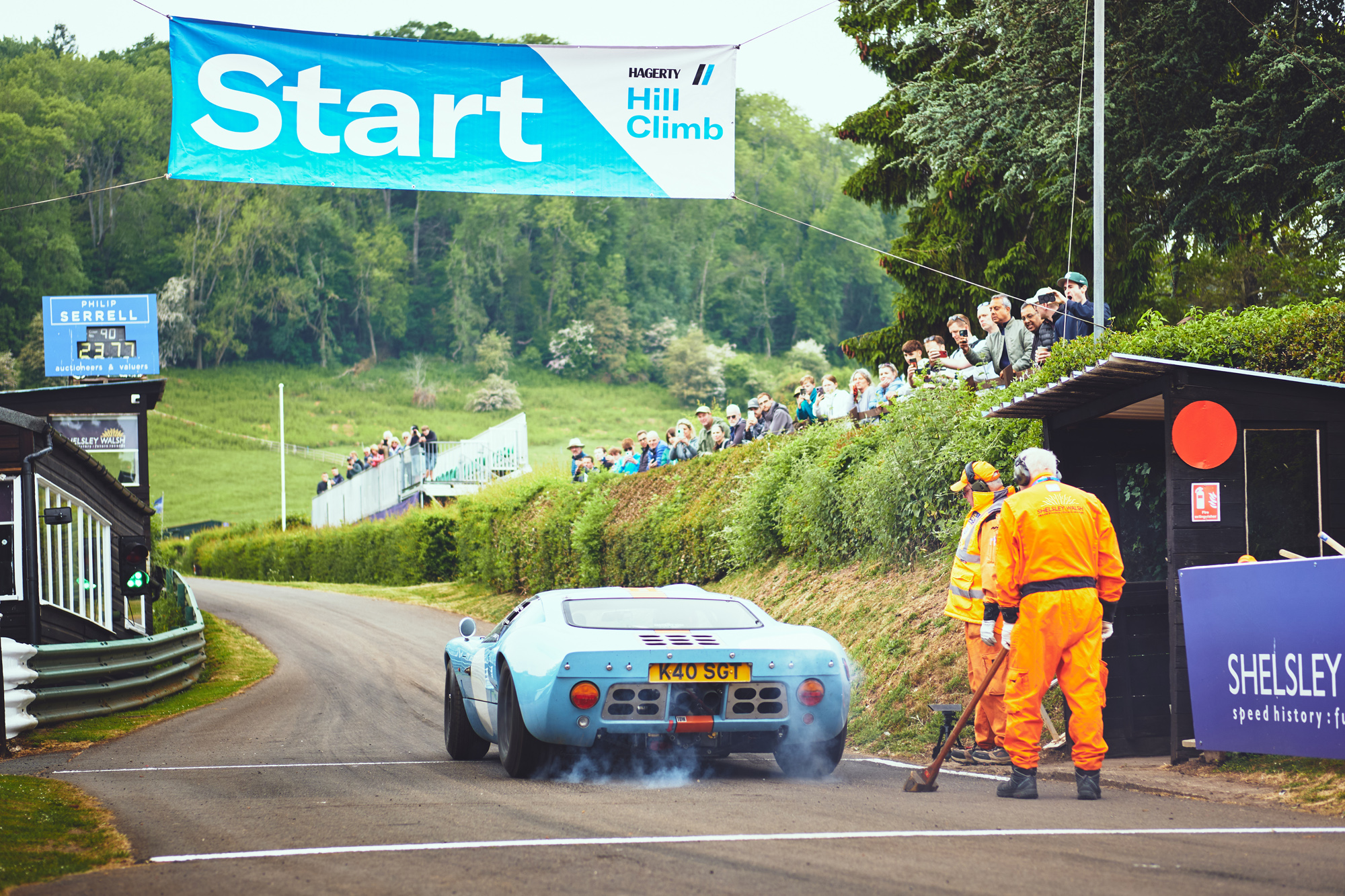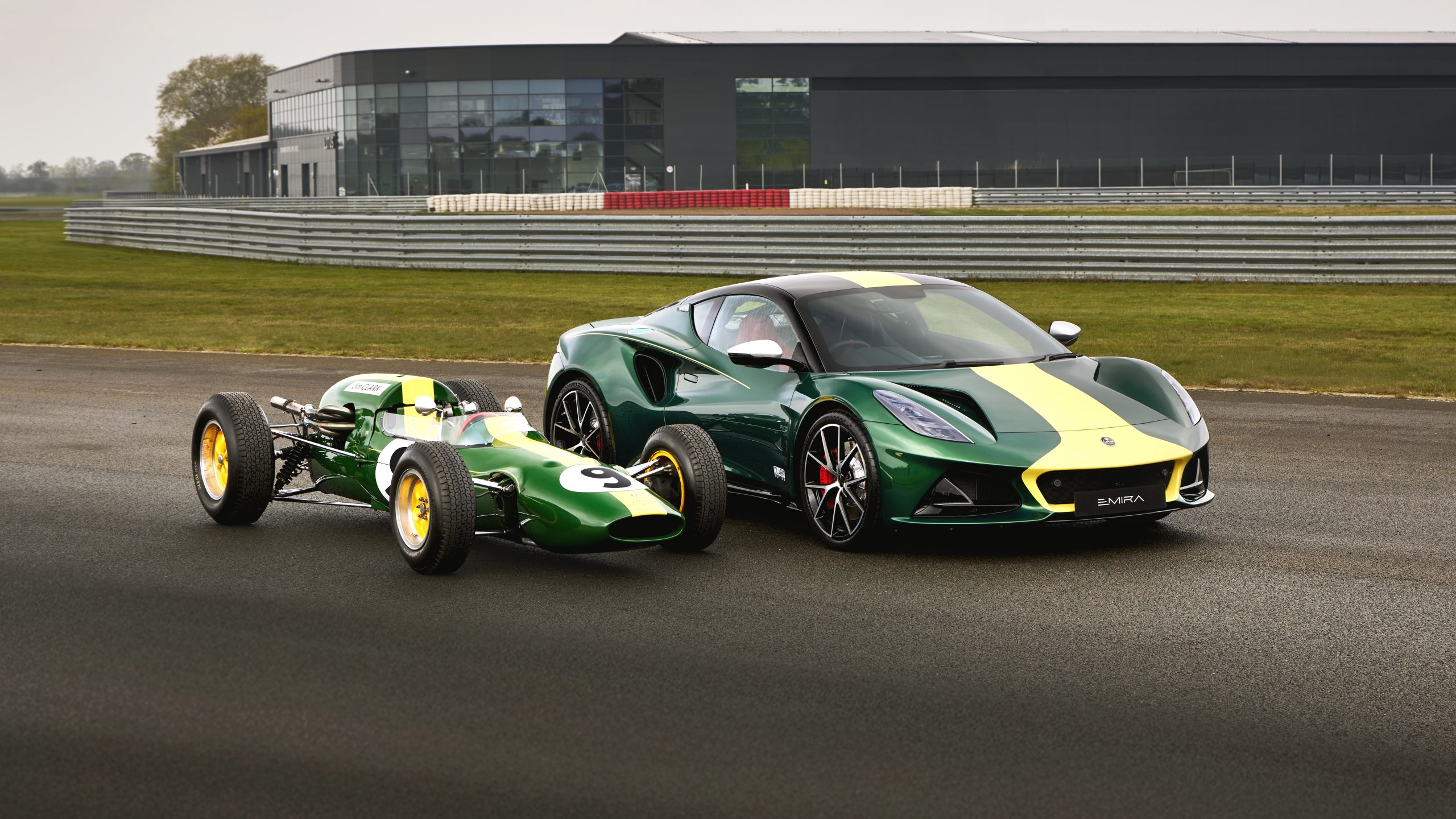Stirling Moss was one of the fastest racing drivers of all time. At his peak, after the retirement of Fangio in 1958 and before his career ended against one of Goodwood’s unforgiving banks in 1962, he was surely the best in the world. It’s not a fact reflected in Formula One World Championships because fierce patriot that he was, he chose to race British cars wherever possible, even though they let him down relentlessly. But dig deeper and you discover this: he won 56 per cent of all the races he finished. Which means that were you on the same grid and regardless of all other factors, if Stirling’s car held together, second place was usually the best outcome available.
But here’s the thing: none of this is why Stirling Moss was my hero from my earliest recollections, nor explains why I came to so cherish the friendship of perhaps the most remarkable man I have met.

So let’s first deal with Moss the driver. Moss the man I will get to presently. How fast he drove is as nothing to me compared to how he drove fast. His style seemed effortless because it was. The fact that for his speed he never appeared to be trying that hard must have eaten away at the minds of those who tried to beat him. You’d try to convince yourself it was a conjuring trick, that he only looked that relaxed when in fact his knuckles were as white beneath his gloves as his pupils were dilated behind those goggles. But they weren’t: Stirling may have driven right on the limit of the cars he drove, but such was his talent he rarely chose to go near his own. ‘I always tried to keep something up my sleeve, boy,’ he once told me. ‘Found I lived much longer that way.’
It was at best a flawed prospectus because it took no account of the fragility of the machinery he so sorely tested, and when a wheel came off your car at 140mph – as it did on his Lotus 18 at Spa in 1960 – even Stirling Moss became a passenger. But looking back over his career and the many accidents, I can find none where Moss simply overdid it. Had he done so, regardless of consequence, that would have truly spooked him. He could rationalise a failed wheel bearing: running out of talent he could not.
But that was just a part of Moss the driver. For him racing was a thing of beauty, a noble quest for which the dangers were known and entirely acceptable. It’s why in later life he was so critical of the safety measures that emasculated the circuits he loved, or simply drove them off the calendar. His solution would have been far simpler: if you don’t like the risk, don’t get in the car.
And yet he drove with great respect not only for his own life, but for those of others too. Even back then there were dirty drivers but in all the volumes I’ve read and conversations I’ve had with his rivals over the years, not once has anyone suggested that Stirling’s on track behaviour was ever less than scrupulously correct. He was, I think, much like Dan Gurney in that respect.
So what was it like to race Stirling Moss? It was a privilege I had a few times, not as young men in the white heat of front line contemporary racing, but still at proper old circuits like Spa and Goodwood in historic racing cars. But I only went properly wheel to wheel with him once, at the Goodwood Revival in 2006, me able to match his pace because I was in an Alfa Romeo GTA, an inherently quicker car than his Lotus Cortina. I knew my car inside out, Stirling knew his not at all, I was 40, he nearly 77…
Hagerty Price Guide: the history of the Lotus Cortina and the latest values
If I drove as fast as I could, I was able to stay with him, and watch the balletic precision of his driving. He was never lurid, but always at an angle, adopting the precise degree of slip required to make his Dunlop crossplies do their best work, and no more. I tried a few moves, got alongside once or twice, but he always positioned himself where I needed to be. Besides, I was genuinely torn: did I really want to get past and remove myself from the masterclass in my windshield?
In the end, doubtless spotting the ever more extravagant slides of the Alfa-borne idiot in his mirrors, he let me past. And when the flag had fallen, he drove up beside me on the straight. I glanced across, terrified that I had in some way offended my hero but was greeted by a raised thumb and an enormous grin under his open faced, Herbert Johnson helmet. It is to date the only time I have wept with joy in a racing car.
Afterwards he came to find me but for reasons I no longer recall, I was elsewhere. So he sat on a pile of tyres, chatting away to my mechanic until I returned. That’s another thing not enough people know about Stirling Moss: he was a man without ego who’d happily talk racing to anyone not too star-struck to reply. Through the height of his fame, when he was Britain’s best known, most loved and highly revered sports man, his telephone number remained in the public directory. Anyone who wanted to could just ring him up.
But my fondest memory of Stirling and Susie, the gloriously kind, warm and funny woman to whom he was married for the last 40 years of his life, came at another time and place. It was 2014 and I was in Monaco to race in the Historic Grand Prix. Sir Stirling and Lady Moss were the guests of a large bank, but they had insisted on one night off from the endless round of interviews and public appearances over the long weekend. So my brother and I dined with them in the Café de Paris in Casino Square, right next to the track on which in 1961, driving an outclassed private Lotus 18, he’d humbled the might of Scuderia Ferrari to win his third Monaco Grand Prix.
Yet I remember neither the wonderful food we ate nor the glorious wines we drank (all paid for by Stirling), nor even the sumptuous settings in which we found ourselves. I just remember laughing. Stirling could seem quite gruff, even rude at times when door-stepped in public because he was also a rather shy man. But in private when he was relaxed in his surroundings and with the company he kept, he was effortlessly entertaining and at times utterly hilarious.
In short, Stirling Craufurd Moss was everything I wanted a racing driver to be: professionally the fastest yet the most gentlemanly of all, personally the man of whose company I could never tire. The fact I was able to call him my friend is something of which I will remain proud for the rest of my days.




















As I was born in 1944,he was always my motor racing hero from boyhood onwards and I always admired how smooth he drove absolute class.
Lovely article about the man and how lucky you are to have known him and been a personal friend. Thank you for sharing what must be wonderful memories.
In 1960 I took a black and white photo of Stirling winning the Gold Cup at Oulton Park in a Furguson four wheel drive.In the eighties I met him in Birmingham classic car show where we had a chat and he signed the photo for me he was a great man.